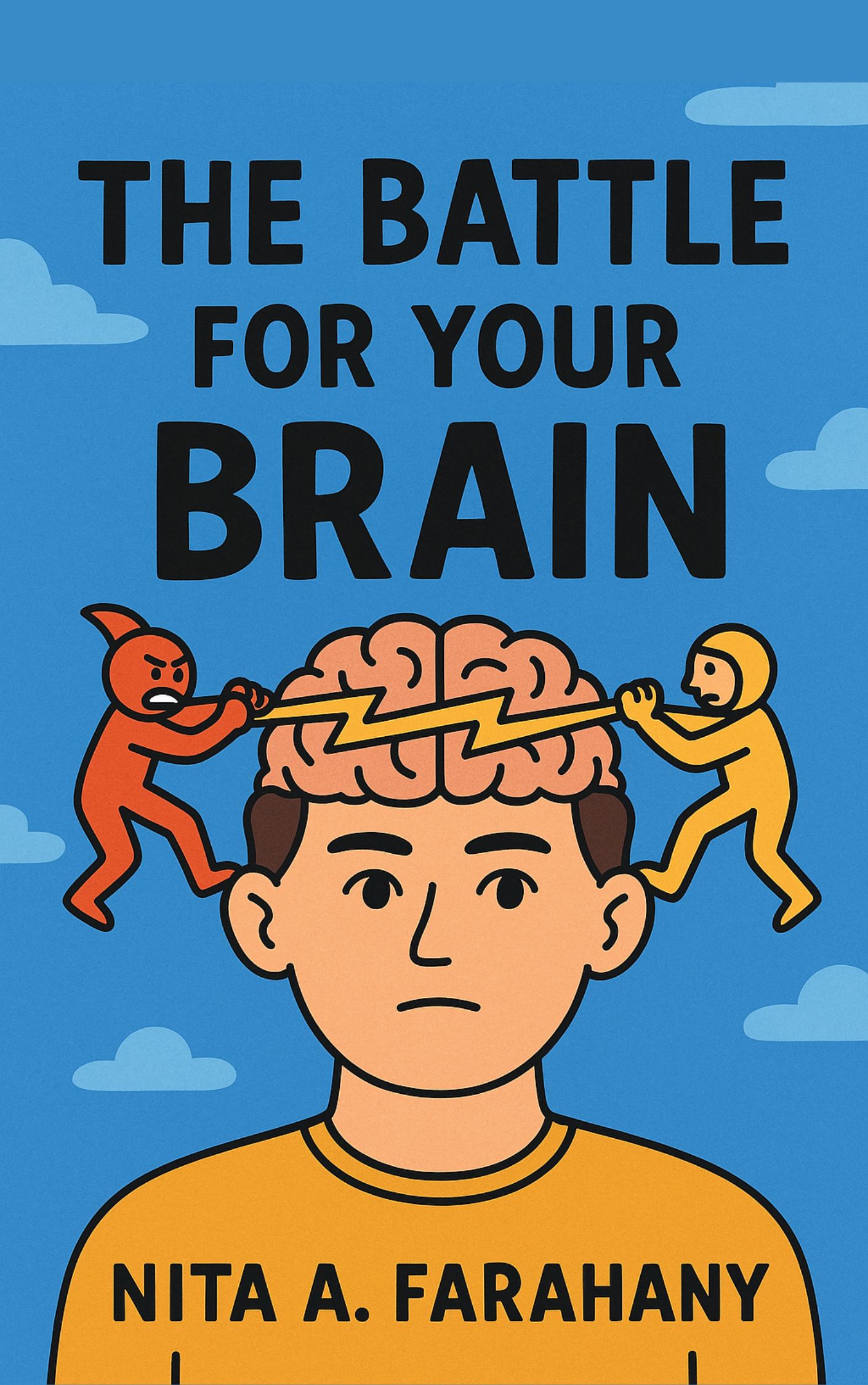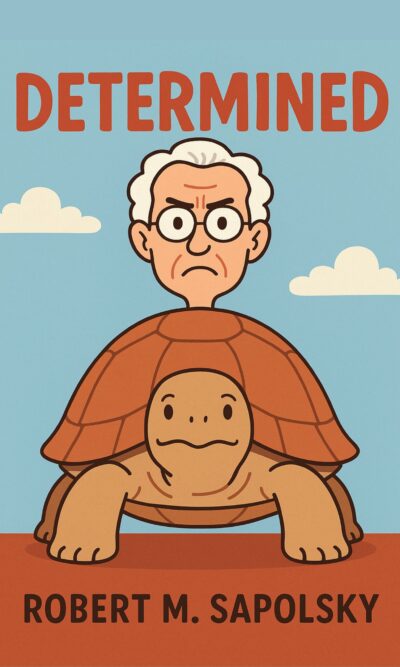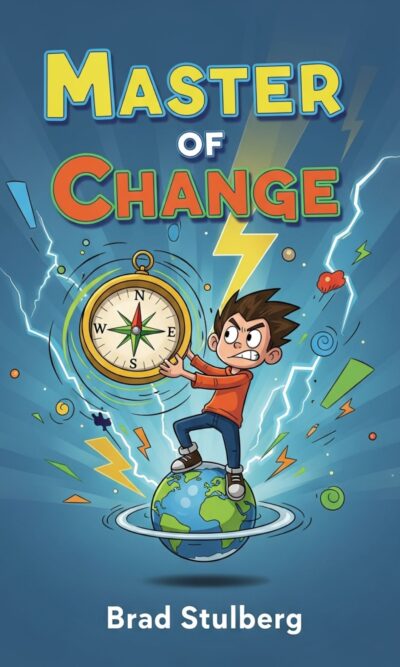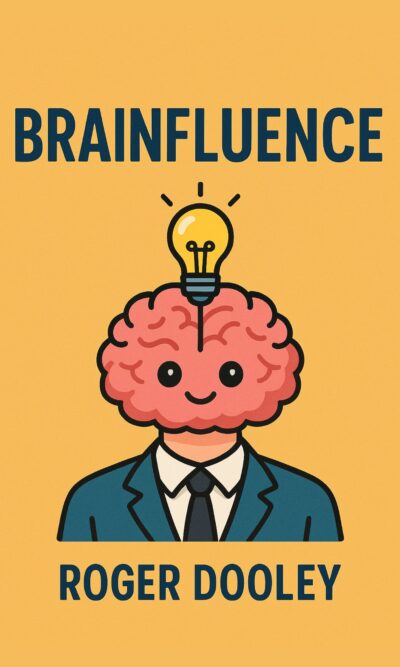Description
The human brain has always been considered the most private place of all. Thoughts, memories, and inner feelings seemed hidden from everyone else, safe behind a wall of silence. But today, with the rise of neurotechnology, that safety is changing. New tools can measure brain activity, track focus, and even influence moods and behaviors. This is both exciting and worrying. The possibilities are incredible, but the risks to personal freedom are enormous.
Imagine a workplace where your boss can tell if you are tired or distracted just by checking a device connected to your head. Picture a government that can collect brain data to predict whether someone may act in a certain way. Think of people using drugs or brain games to boost memory, creativity, or focus — and others using tools to erase painful memories. These are not scenes from a futuristic movie. They are real trends unfolding today.
At work, companies are already using monitoring tools to measure performance. Keystroke trackers, webcam checks, and time logs are common. Neurotechnology takes this to the next level, promising ways to detect fatigue or concentration levels. For example, workers in dangerous jobs like factories or hospitals could be monitored for alertness, reducing accidents caused by tiredness. This sounds helpful, but the danger is clear: once employers have access to brain data, who controls it? If misused, it could feel less like support and more like surveillance.
Trust is vital in any workplace. When people feel watched too closely, they often become stressed, anxious, or less creative. Good ideas require moments of rest and imagination, and constant monitoring can crush that. To use neurotechnology responsibly, companies must focus on protecting employees’ dignity and privacy. Workers should know exactly what is being measured, why it is measured, and how the data will be used. Only then can brain tools truly help without harming.
Outside of work, society faces even bigger challenges. The freedom to think privately has long been treated as an absolute human right. Our minds are the source of independence, choice, and creativity. Traditional surveillance only records what people say or do, but neurotechnology has the potential to dig into what people think. This is a level of intrusion never seen before. If governments or corporations could directly access thoughts, then true freedom of mind might disappear.
Of course, brain research also has benefits. It can lead to better treatment for mental illnesses, improved recovery after injuries, and even tools to ease suffering. But when brain data becomes too accessible, it risks being abused. People might censor their own thoughts if they fear being tracked. A society where everyone watches their own mind could become less diverse, less bold, and less innovative. Protecting mental privacy is not only about individual rights — it is also about keeping society creative and free.
Another growing area is brain enhancement. More and more people are trying pills, training apps, and neuro-tools to sharpen focus, boost memory, or manage moods. The market for these tools is growing quickly. The appeal is easy to see: who wouldn’t want to perform better, learn faster, or feel more confident? But the effects are often modest, and the risks are real.
One concern is fairness. If only wealthy people can afford the best brain enhancers, then inequality may increase. Those with resources will gain an advantage in school, work, and life, leaving others behind. Another worry is pressure. If brain enhancers become common, people may feel forced to use them just to stay competitive, even if they don’t want to.
Still, enhancing the mind is not new. People have always tried to improve themselves through study, practice, exercise, or caffeine. The question is not whether enhancement is right or wrong, but whether access is fair and choices remain free. The best approach may be to make such tools widely available, so everyone has the same opportunity. That way, people can decide for themselves whether to use them.
There is also the opposite question: should people be allowed to weaken or alter their brains? Alcohol is an ancient example of voluntary brain impairment. Many choose to drink even though it carries risks for health and society. Neurotechnology introduces even more powerful tools, such as the ability to erase memories through techniques like decoded neurofeedback. Imagine someone removing a painful memory of trauma. While this might bring relief, it could also erase experiences that shape identity or teach important lessons.
This raises deep ethical questions. Do people have the right to change or even damage their own minds, as long as they do not hurt others? Or does society have a role in setting limits, especially when choices may cause social costs, like addiction or healthcare burdens?
Balancing freedom with responsibility is complex. Too much restriction may feel like control, but too little oversight may lead to harm. The principles of legality, necessity, and proportionality offer a guide. Any intervention must be based on clear laws, applied only when truly needed, and carefully matched to the level of risk.
Through all of these debates, one core idea stands out: cognitive liberty. This means the right to think freely, to control your own mental life, and to decide how and whether to change your mind. Protecting this liberty is essential, because once brain privacy is lost, it may be impossible to regain.
The future of neurotechnology is not only about science and devices. It is about values and choices. We must ask ourselves: Do we want a world where minds are transparent to employers, governments, or companies? Or do we want a future where technology helps us grow while respecting the inner sanctuary of thought?
The answers depend on the decisions we make today. With careful rules, ethical design, and strong protections, neurotechnology could bring huge benefits. It could help heal the sick, unlock creativity, and give people new tools for learning and growth. But without boundaries, it could lead to a society where freedom of thought is an illusion and autonomy is lost.
In the end, this book is a call to awareness. It warns us that the brain is the new frontier of both opportunity and danger. The technology is advancing quickly, but our protections are not. To safeguard our future, we must recognize the stakes and act now.
Our minds are the source of everything human: love, art, ideas, decisions, and dreams. Protecting that inner world may be the most important task of the century. The battle for your brain is not just about machines and data. It is about what it means to be human.





